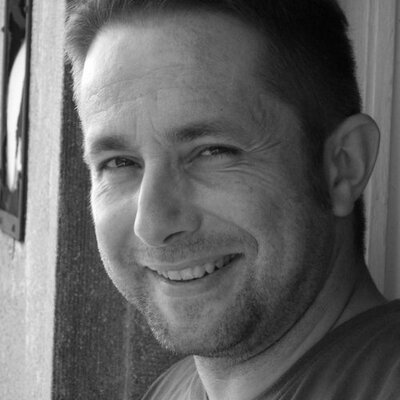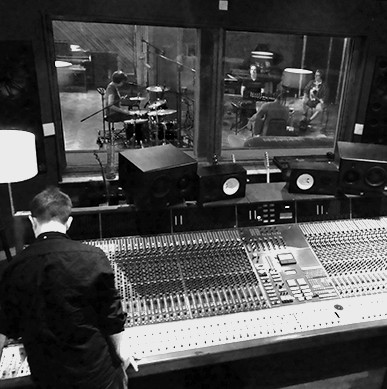Biography

His work is particular, for he likes to mix the genre, to be outside the marks. He hijacks the sounds to make music and make music instruments perform in ways they’re not used to. His musical univers is permeated with spirituality, connected to the power of now. Many years composing for theater plays have reinforced his sense of the musical dramaturgie.


It’s a film related universe. His influences are quite wide : From Thomas Newman to John Williams, from Steve Reich to Philipp Glass.
The vocal aspect is very important in his music, like the vocal pieces he wrote for the theater play « The Trojans », from Seneque. He asked a College teacher to translate Seneque’s texts in an ancient langage, Hittite, in order to change the perception of the audience, listening to an unkown langage, leaving the space for imagination and emotions.
He likes to experiment with electronic, analog music, and to mix all kinds of sounds to create subtles or complex textures.
The italien composer Ivan Fedele, with wich he studied contemporary composition at the National Music Academy, had a great influence too in his music writing.
The intuition is probably his best teacher and brings a kind of grace in his compositions, that leaves us in connection with our emotions.

